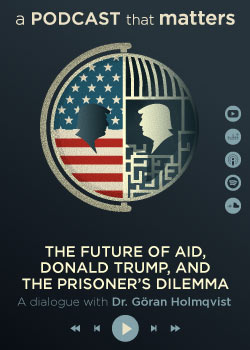Print

Digital Ecocriticism: Moving beyond anthropocentrism in the contemporary French novel: DigEco
Details
Locations:France
Start Date:Sep 1, 2023
End Date:Aug 31, 2025
Contract value: EUR 211,754
Sectors: Information & Communication Technology, Research
Description
Programme(s): HORIZON.1.2 - Marie Skłodowska-Curie Actions (MSCA)
Topic(s): HORIZON-MSCA-2022-PF-01-01 - MSCA Postdoctoral Fellowships 2022
Call for proposal: HORIZON-MSCA-2022-PF-01
Funding Scheme: HORIZON-TMA-MSCA-PF-EF - HORIZON TMA MSCA Postdoctoral Fellowships - European Fellowships
Grant agreement ID: 101109448
Objective: The DigEco project will construct, enrich, and analyze a corpus of 700 francophone novels (from 2000 to the present day) using tools and methods developed in the Digital Humanities. This innovative approach will provide new insights into the influence of ecological discourse on contemporary fiction. Although recent studies argue that the environmental question is changing the novel beyond the thematic focus on ecology, to date, no formal investigations have been conducted on such large corpora. DigEco will thus propose new critical perspectives on the capacity of literature to bring anthropocentrism into question. In order to achieve this objective, the project will be organized around three research axes: biodiversity, places, and nonhuman agency. These three elements are all bound to a shift in the traditional mimetic paradigm of the contemporary novel, diverting attention from a previously-dominant focus on human actions. For each of these research axes, I will enrich the digitized corpus using named-entity recognition technologies and semantic ontologies in order to encode a lexicon in biodiversity and identify toponymies and names of animals and plants. Then, using various computational approaches, I will leverage semantic, lexicometric, and stylometric approaches to answer research questions elaborated through an ecocritical methodology. Using sentiment analysis, I will also study the emotions that characters express about concepts, places, animals and plants. This project bridges two emerging fields in literary research – Environmental Humanities and Digital Humanities – and will constitute the first major study on the possibilities of dialogue between them. It will provide the largest set of data on biodiversity, toponyms and nonhuman agency in fiction in any language – an unprecedented opportunity to question literature’s relationship to anthropocentrism and to look at the contemporary novel through the prism of new tools and interrogations.
